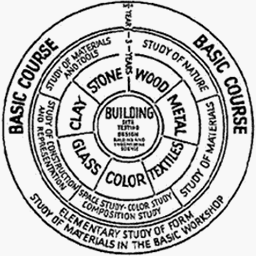deconstructing curriculum
/The Basic Concept
Curriculum design, at its essence, is social engineering. The concept of curriculum is used in a variety of different ways, but is generally understood to refer to the scope of what is taught and learned in an educational setting. Because this meaning is so broad, distinctions have been drawn, for instance, between the taught curriculum and the learned curriculum, or between the formal curriculum and the informal curriculum. Formal curricula provide the authorized encoding of what the educational institution deems to be important.
In most institutionalized educational settings, the curriculum is defined operationally by some kind of formal body of material, a course syllabus, a set of required readings, a document outlining standards and outcomes of the learning experience etc. Whatever
Read More




















